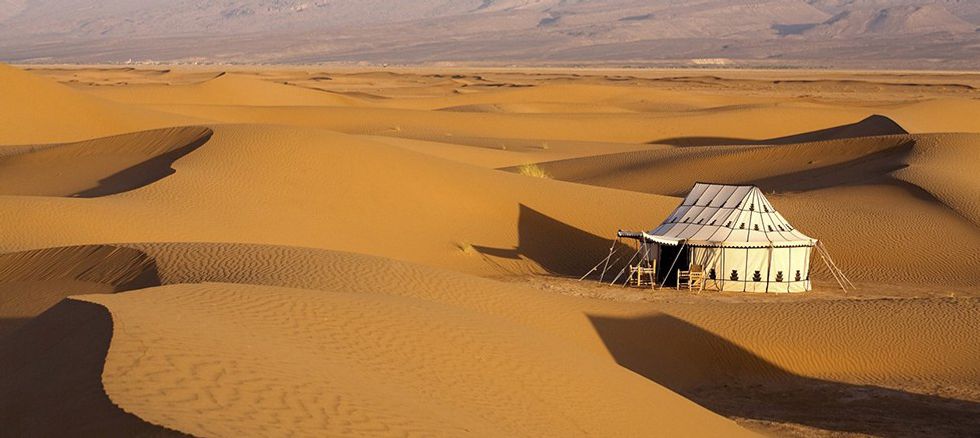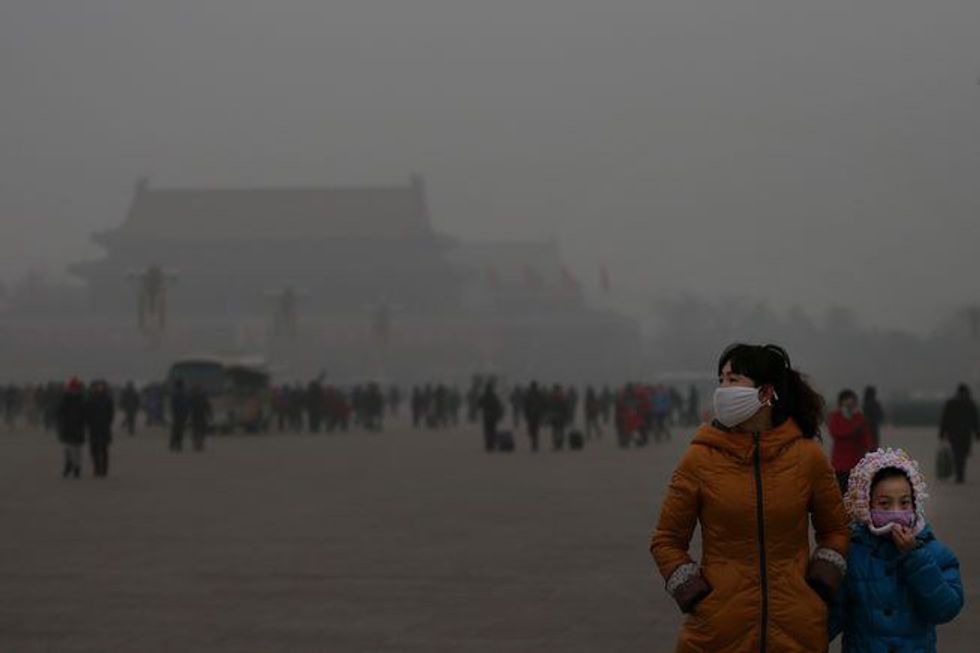With the future coming more quickly every day, we civilians need to be prepared for a drastic and inevitable change in our lifestyles. Before we know it, cars will be flying and we’ll all be living on Mars. But I’m getting ahead of myself – buckle your seat belts and prepare yourself for these 12 things that people will say which may seem strange now, but will be very normal in the '50s (the 2050s, that is).
1. “I live in the Sahara Desert.”
By 2050, it is predicted that our current population of 7.4 billion will reach approximately 9.6 billion. Not only will our cities be more crowded, but an increased population will force us to relocate to more remote areas, so that humans can populate all spaces on the planet. Many of us will live in apartments instead of houses, sleep on bunk beds, or move to the bottom of the ocean for some personal space.
2. “I love winter!”
With global warming becoming a greater and grander issue, soon we will face 150-degree summers – resulting in us locking ourselves up inside our houses for seasons at a time. We may even be tempted to go on vacations to Antarctica, where we can sunbathe and occasionally ski in our swimsuits.
3. "Can I borrow a face mask?”
Nope, not the improving-your-skin-and-removing-your-blemishes kind of face mask, more like the ones that doctors and nurses wear to work. The increased population of 2050 and urbanization of cities will result in the dramatic increase in the use of fossil fuels, therefore increasing the pollution within the air. Cities are likely to undergo “smog” effects similar to those of Beijing’s current state, where the air is toxic to breathe. According to the World Health Organization, outdoor air pollution may have caused 3.7 million premature deaths worldwide in 2012. Better start wearing those face masks now, kids.
4. “I’m 102.”

With the perpetual advances in technology, healthcare, new discoveries in medicine and gym workouts, people will learn to live longer and stronger. The average human will live to about 94, meaning that we – in general – will have more old people running around town. Look out for Wednesday night and Sunday morning bingo – I’ve heard they’re a hit!
5. “Hey Siri, can you make me a coffee?”
Technology in 2050 will be so advanced that it is likely we will have robots as pets or personal slaves. A researcher at Carnegie Mellon University’s Robotics Institute predicts that in 2050, freely moving robots will run entire businesses by themselves, outperforming humans both physically and intellectually. Our computers will do our homework and our cars will drive themselves – what a tough life.
6. “What’s a rhinoceros?”
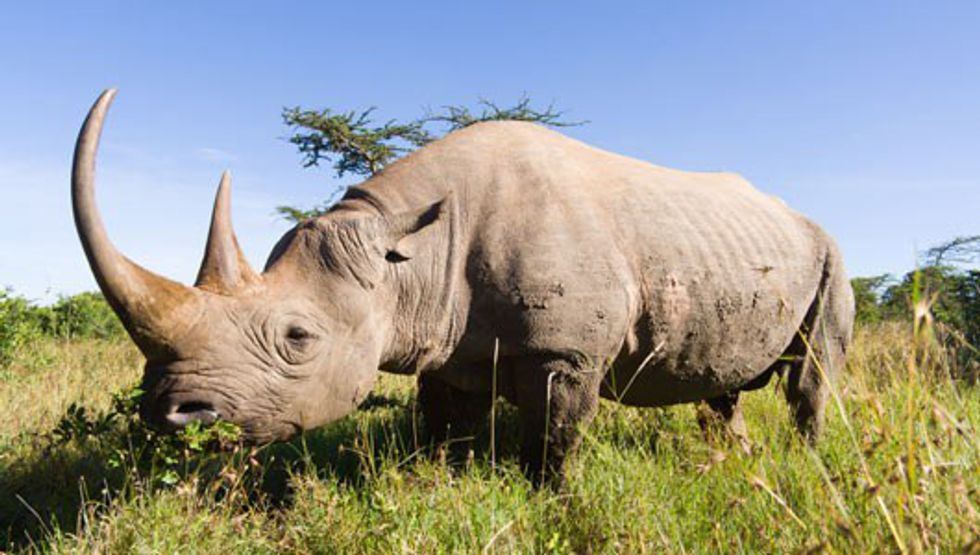
Today, very few rhinoceros exist in the wild. Only two species – the Sumatran and the Javan – survive in Asia, with fewer than 160 individuals existing outside of national parks. Both species are listed as critically endangered, and struggle with genetic diversity and disease. In Africa, 2,480 black rhinos survive in savannas and grasslands, with this figure steadily declining due to their loss of habitat from the clearing of land, as well as the poaching of rhinos for their horns. Unfortunately, the rhinoceros may not be the only animals our children will never see. Soon, we will forget lions, tigers, elephants and giraffes – placing them in the same category as dinosaurs.
7. “I wish I didn’t live on the beach.”

As temperatures rise and oceans get warmer, icecaps will begin to melt and the sea levels will rise. Without proper planning, coastal cities will be overwhelmed by the 1-meter rise in sea levels by 2100. Millions of people may lose their homes, as climate change will not only bring us the gift of rising sea levels, but an increase in flooding and hurricanes along the coastlines. A 2008 report from the Organization for Economic Co-operation and Development found that 2.9 million people and U.S. $2.1 trillion in assets would be exposed to storm surges in New York City alone, which would likely see more than 30 days of flooding per year. Scary stuff.
8. “Another blackout?”
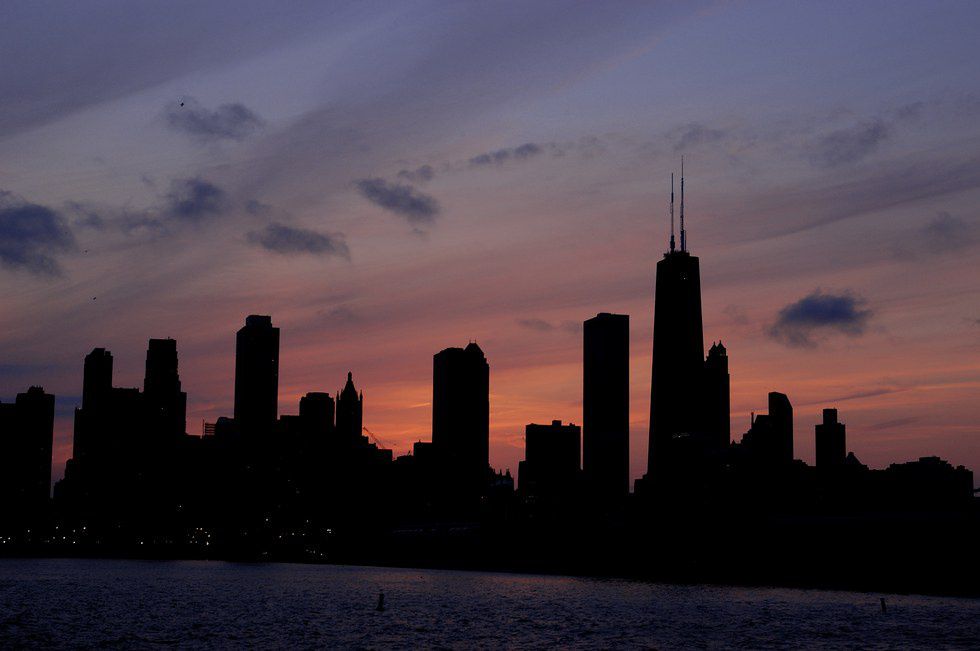
While many of us are yet to experience a hurricane firsthand, our grandchildren are expected to see at least 20 during their lifetime. According to the National Oceanic and Atmospheric Administration, these hurricanes could be up to 300 percent more powerful than what we see today. Blackouts will increase dramatically from the rise in sea levels, the more powerful tropical storms, and the increased energy usage by an inflated population.
9. “Your Wi-Fi is working so well!”
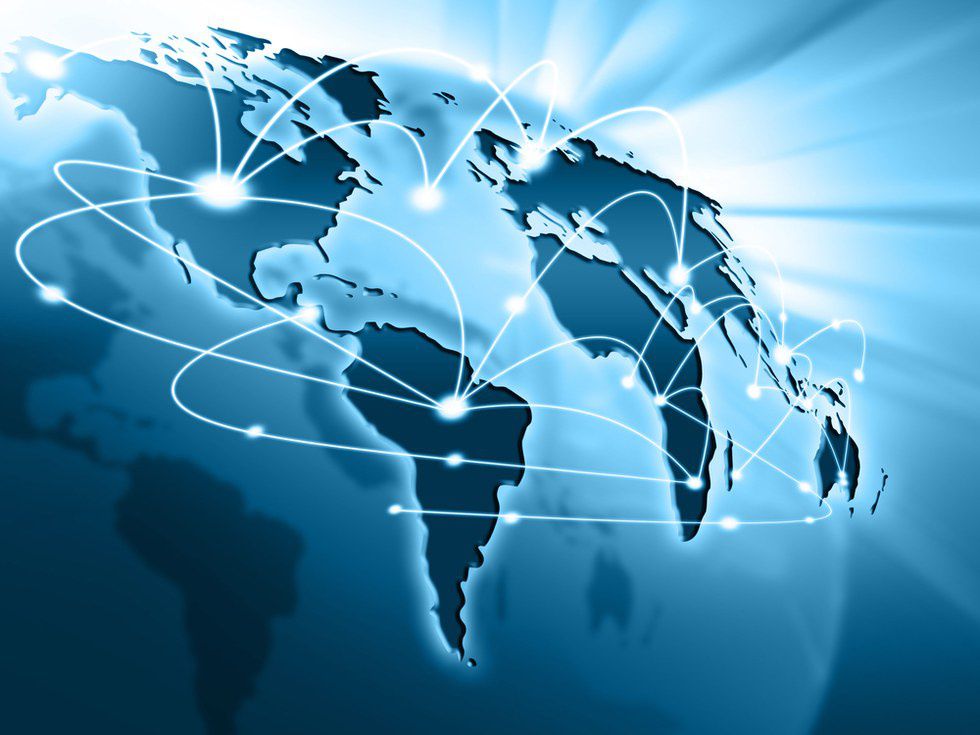
Currently, around 40 percent (2.85 billion) of people around the globe have internet access. In 2050, this is likely to increase to 97.5 percent (around nine billion). As for the attributes of this new, global internet, IBM Chief Scientist Jeff Jonas hypothesizes that the web will include “collective intelligence.” In other words, your smart phone will combine your exact geographical location with migratory bird patterns and tell you which way to step to avoid bird poop.
10. "The electrician’s just coming in to fix my windmill.”

As we all know, our fossil fuels will eventually come to an end and we will need to start to rely more heavily on renewable energy resources. Yep – that means solar panels, windmills, recycling plants and geothermal hot springs all crammed into our backyards.
11. "It’s so peaceful here.”

As humans become more intelligent, we will naturally become less violent. Our world peace will result from an increase in education and awareness of the high costs of war. Along with our schooling, the security around every corner of the planet will increase with the implementation of video surveillance cameras.
12. "Bread is so expensive.”

As the world warms, there will be an increase in crop pests and pathogens which generally thrive in a hotter, humid climate. Therefore, our global yields of food production are estimated to drop by around 10 percent each year, affecting our wheat and corn harvests. A rapidly expanding population will result in the increase in prices of all of our breads; so say “goodbye” to sandwiches and “hello” to salads in 2050.




